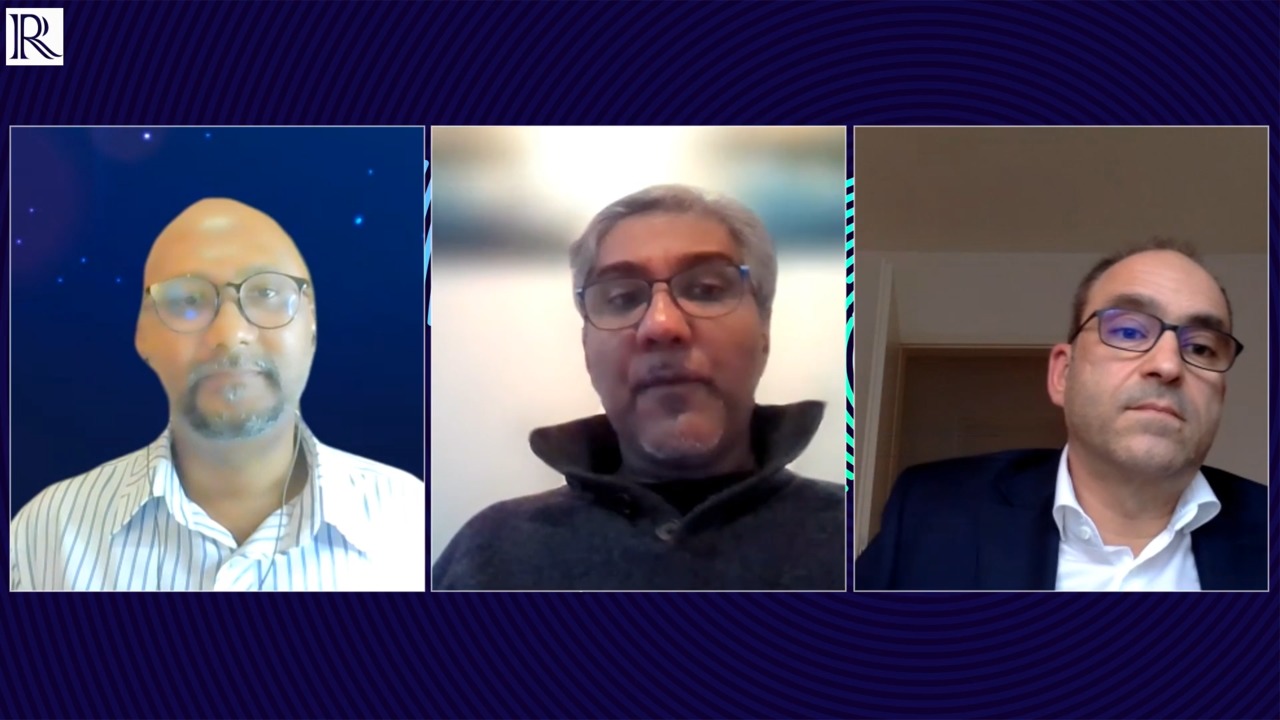Coordinating Lipid Management in High and Very High Risk ASCVD
Published: 16 December 2021
-
Views:
 17503
17503
-
Likes:
 7
7
-
Views:
 17503
17503
-
Likes:
 7
7
-
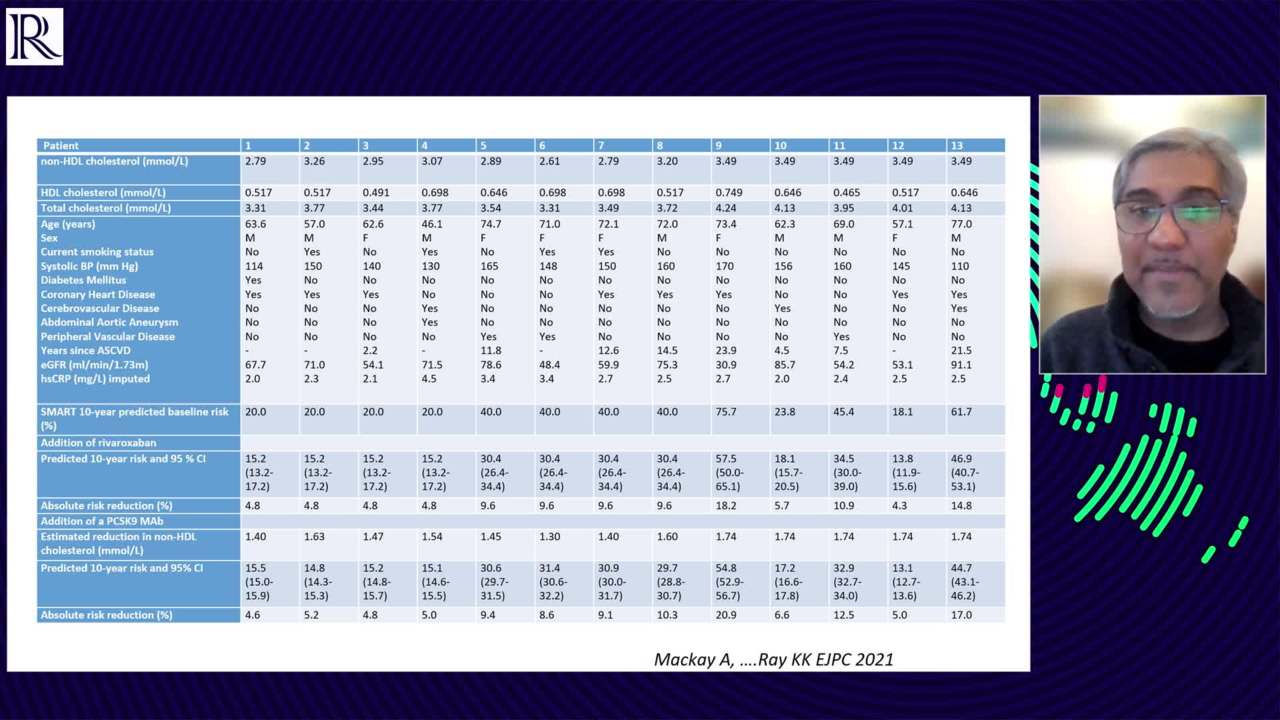 21m 44sPart 1 Stratifying high and very high risk patients: Interpreting international guidance Dato’ Dr Muhamad Ali, Kausik Ray, Oliver Weingärtner
21m 44sPart 1 Stratifying high and very high risk patients: Interpreting international guidance Dato’ Dr Muhamad Ali, Kausik Ray, Oliver Weingärtner
-
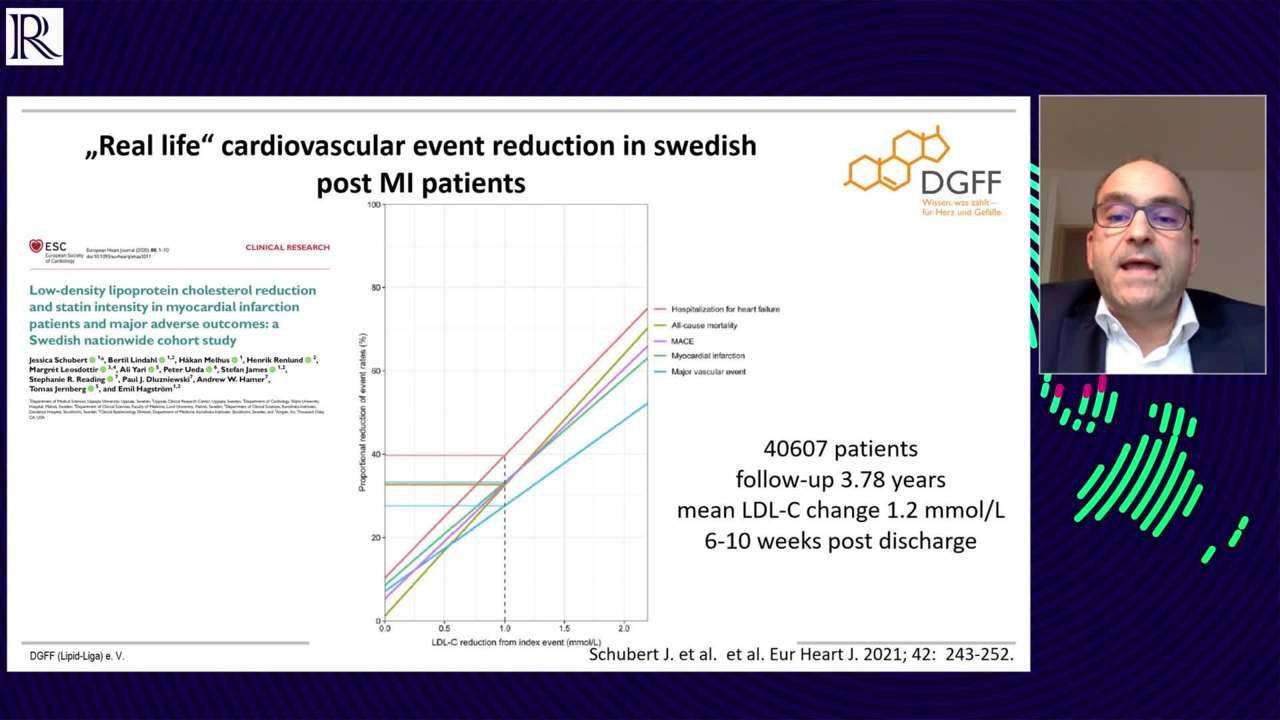 17m 47sPart 2 Achieving high quality care in specialist clinics Dato’ Dr Muhamad Ali, Oliver Weingärtner
17m 47sPart 2 Achieving high quality care in specialist clinics Dato’ Dr Muhamad Ali, Oliver Weingärtner
Overview
Join us for this live broadcast where faculty will ensure physicians based in Malaysia are aware of the importance of risk stratification in relation to secondary prevention and how this is dealt with in the recent ESC guidance and why it's important. The faculty will make a distinct comparison between the ESC guidelines and what the Malaysian guidelines say is central to this, including why is risk stratification important.
In the second part of this broadcast, the faculty will outline how to implement lipid clinics and what the outcomes of these clinics are for patients.
This programme is supported by an unrestricted educational grant by Novartis and being endorsed by the National Heart Association of Malaysia.

Learning Objectives
- Stratify high and very high risk CVD patients to appropriate guideline directed medical therapy, taking into account local reimbursement and approval status
- Demonstrate knowledge of current lipid-lowering targets for high and very high risk patients with established ASCVD via surrogate patient cases
- Apply recent international guideline updates to daily practice
- Discuss the advantages of coordinated, interdisciplinary care in ASCVD management
- Recall the impact of specialist care on ASCVD outcomes
Target Audience
- General Cardiologists
More from this programme
Part 1
Stratifying high and very high risk patients: Interpreting international guidance
Part 2
Achieving high quality care in specialist clinics
Part 3
Q&A Session with audience
| 1 session | |
| Q&A Session with audience | Watch now |
Faculty Biographies
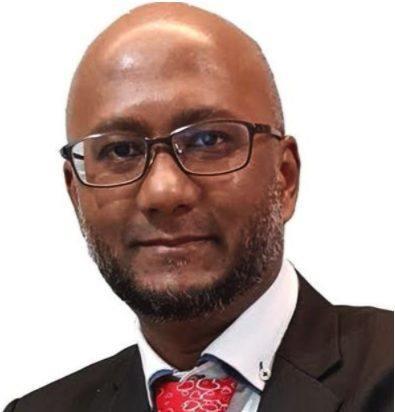
Muhamad Ali
Dato’ Dr Muhamad Ali is a Senior Consultant Cardiologist and the Head of Department, Director of Invasive Cardiac Catheterization Laboratory in Hospital Pulau Pinang. He is also an Honorary Lecturer in Penang Medical College, Penang Internal Dental College, Penang Nursing College, and USM. Dr Muhamad Ali is actively performing many interventional procedures and has trained a number of local and international cardiology fellows. He too is an avid researcher with involvement in numerous international and local trials.
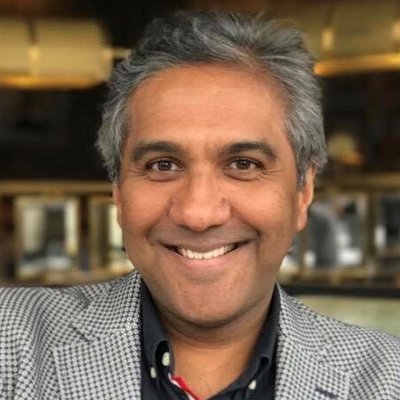
Kausik (Kosh) Ray
Professor of Public Health
Professor Kausik Ray is currently Professor of Public Health, Deputy Director of Imperial Clinical Trials Unit and Head of Commercial Trials within the Department of Public Health and Primary Care, School of Public Health, Imperial College London, Consultant Cardiologist and Chief Clinical Officer and Head of Trials – Discover Now as well as NIHR ARC National Lead of Cardiovascular Disease.
Prof Ray received his medical education (MB ChB, 1991) at the University of Birmingham Medical School, his MD (2004) at the University of Sheffield, a postdoctoral fellowship at Harvard Medical School and finally an MPhil in epidemiology (2007) from the University of Cambridge.
A Fellow of the American College of Cardiology, the European Society of Cardiology, the American Heart Association and the Royal College of Physicians, Kausik Ray is also a member of the British Cardiovascular Society and President-Elect of the European Atherosclerosis Society, also serving on the EAS Consensus…
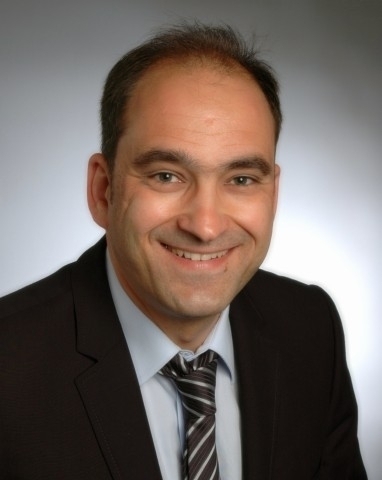
Oliver Weingärtner
Dr Oliver Weingärtner currently works at University Hospital Jena. As a certified interventional cardiologist and angiologist he has been trained in Internal Medicine, Cardiology, Angiology and Intensive Care Medicine Lipidologist (DGFF®)
Dr Weingärtner is the current President of the German Society of Lipidology. His research interests focus on cholesterol metabolism and cardiovascular risk.






